How Do Landlords Choose Tenants
How Do Landlords Choose Tenants
- 🔍 Background and Credit Checks
Landlords prioritize tenants with strong credit scores and a stable financial history to ensure timely rent payments. - 📜 Positive References
Recommendations from previous landlords or employers highlight reliability and responsible behavior, increasing your chances of approval. - 🏠 Stable Employment and Income
Proof of consistent income assures landlords that tenants can comfortably afford the rent and other associated costs.
It’s easy being a landlord, they say. You just need to own a property and find your “victims”. Well, it’s time we break the evil landlord stereotype and talk about what really is going on in the landlord/tenant relationship, and mainly – business. Here is an answer to the question of how do landlords choose tenants.
How to Attract Tenants
Attracting prospective tenants will bring you an array of possibilities, and for the first step you need to have the freedom of choice. So, here is how to make a rental online listing.
- Think up an eye-catching headline. You can write it in all caps – it can draw attention, but it can also annoy people. And, some online platforms do not let you use all caps in the headline for aesthetic purposes. You have space for only one short sentence, so include the best quality of the property – its location, its affordable price, or anything else that makes it stand out before the others.
- Include high-quality visuals. The headline cannot do anything for you, if you have no photos. People adore visuals, as they give a lot of information in just a glimpse. It won’t hurt to invest in a professional photographer for high quality photos. The more the better. Or, you can go one step further and make a video or two.
- Give a detailed description. Even if the photos show every single room, describe all the contents of the property with words. The more information you give, the more assured your prospective tenants can be that you have nothing to hide and are a serious owner. The best way to summarise, is by room. Start with name of the room and use bullets to count everything it contains.
- Ask for professional opinion. You can compare your listing to professional listings on big renting websites, such as Rent-o-meter and Zoopla. Or you can always get in touch with a real estate agent and ask for advice.
- Promote the listing to the highest-traffic platforms. There are a lot of rental websites where you can make free rental listings. And, all of them have that “promote” button that offers you even more exposure for a one-time fee. In many cases, three buttons are worth it, so don’t be timid to give them a try.
How Do Landlords Choose Tenants
After your listing has attracted a good count of possible tenants, its time you choose the right one.
Here are the most important factors to consider.
- Meet in person. Choices should be made in person, as you can get as much information of the prospective renters this way.
- Perform a criminal background check. You do not want to rent your property to a suspicious figure. Be extra wary if a tenant wants to pay a few rents in advance. There might always be a valid reason for this, but in most cases it just means they don’t want inspections. And, this can translate into a secret criminal activity.
- Check tenant’s financial history. Make sure the tenant can afford the rent price you’re offering. Beware of renters, who are currently unemployed. Ask who will be paying their rent. Run a credit score check.
- Check tenant’s rental history. This is important for a few reasons. First, you can affirm your information about how much the tenant can afford to pay without getting into financial trouble. You can see how many properties they changed in the past and how long they stayed there (too many properties for a very short tenancy is not usually a good sign). If the tenant offers you references from other landlords, phone said landlords and hear their opinion yourself.
- Give a comprehensive question form. For more questions, you can give the prospective tenant a clear question form. Here you can ask: Why did they choose this location? Will there be children involved? Does the tenant own a transport vehicle? Are they allergic to certain detergents (in case the tenancy includes regular cleaning service), etc. You can find a lot of examples online.
- Coordinate carefully when renting to multiple people. When you already have tenants in other rooms, it’s wise to choose a tenant they will have more in common with, in order to avoid future disputes. Choose someone of the same gender, religion, ethnicity and not too much of an age gap.
- Don’t let desperate people in because you feel sorry for them. There’s always the call of humanity. The bigger the city, the more desperate people you can find. Don’t let your emotions make your choice, use the logical steps above instead.
- Monitor how happy tenants are. Some landlords will keep track of both how satisfied the users of a website are and also bia interim and post-lease surveys.
What Makes a Good Tenant
No matter how careful a landlord is, renting is a two-side deal, and to be successful, both sides need to be on their best behaviour. So, what do landlords look for in tenants? A good tenant:
- Pays the rent on time. It should be obvious, but we shall mention it just in case. Paying the rent is the base of this business relationship and should always be done properly.
- Follows the tenancy agreement properly. The tenancy agreement can set any number of rules and since both sides have signed, both sides should keep to their word. Breaking a clause of the tenancy agreement can often result in a court case.
- Does not go into disputes with the landlord or other tenants. Business relations are not comfortable, when disputes occur too often. People are different and arguments can always happen, but professional attitude from both sides is needed in order to make the tenancy work.
- Does not make the environment unsafe. In a big city like London, a lot of things can go unnoticed, despite the careful background checks. A tenant should not in any way be connected to any criminal activity, or endanger the landlord, other tenants, or neighbourhood.
- Does not disturb the peace. Even without criminal activity, making trouble for others is still unacceptable behaviour.
A landlord should find the Goldilocks Zone and keep a close eye on his tenants, while also not intruding into their personal space too much. You now know how do landlords choose tenants. For more information on tenancy, check out this guide.
Move Out Mates Services in London
Check out our top-rated cleaning services across London, always just a call away! With Move Out Mates, expert cleaning is always near you, ready to make your move easier.
Move out Mates Customer Say`s:
Here’s a selection of feedback from our customers who are thrilled with the exceptional service they received and couldn’t be more satisfied!
Get Your Free Quote Today!
Contact Move Out Mates now to request your free, no-obligation quote and take the first step towards stress-free cleaning services.

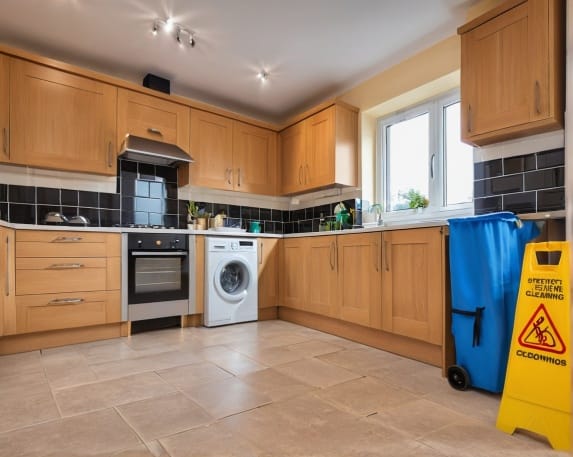
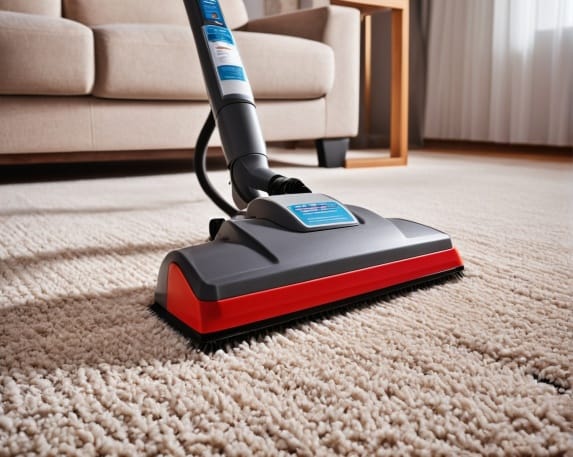

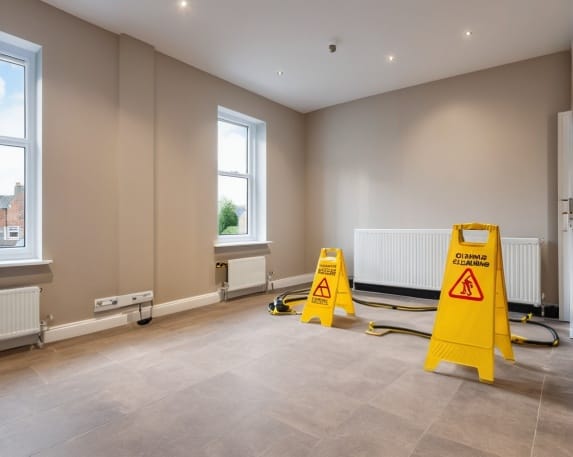






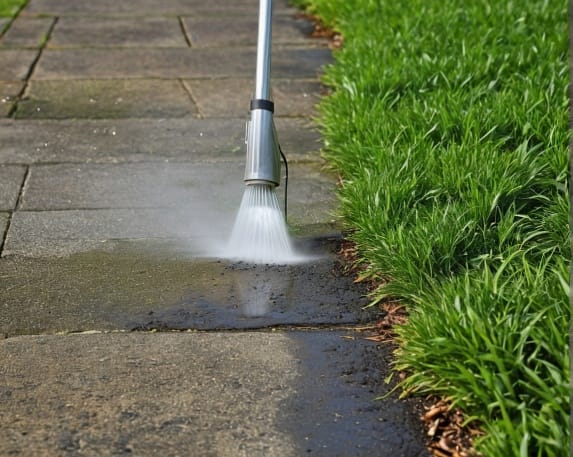

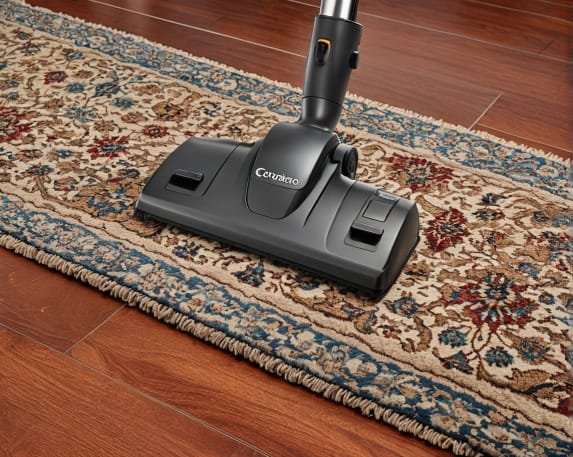


Leave a Reply